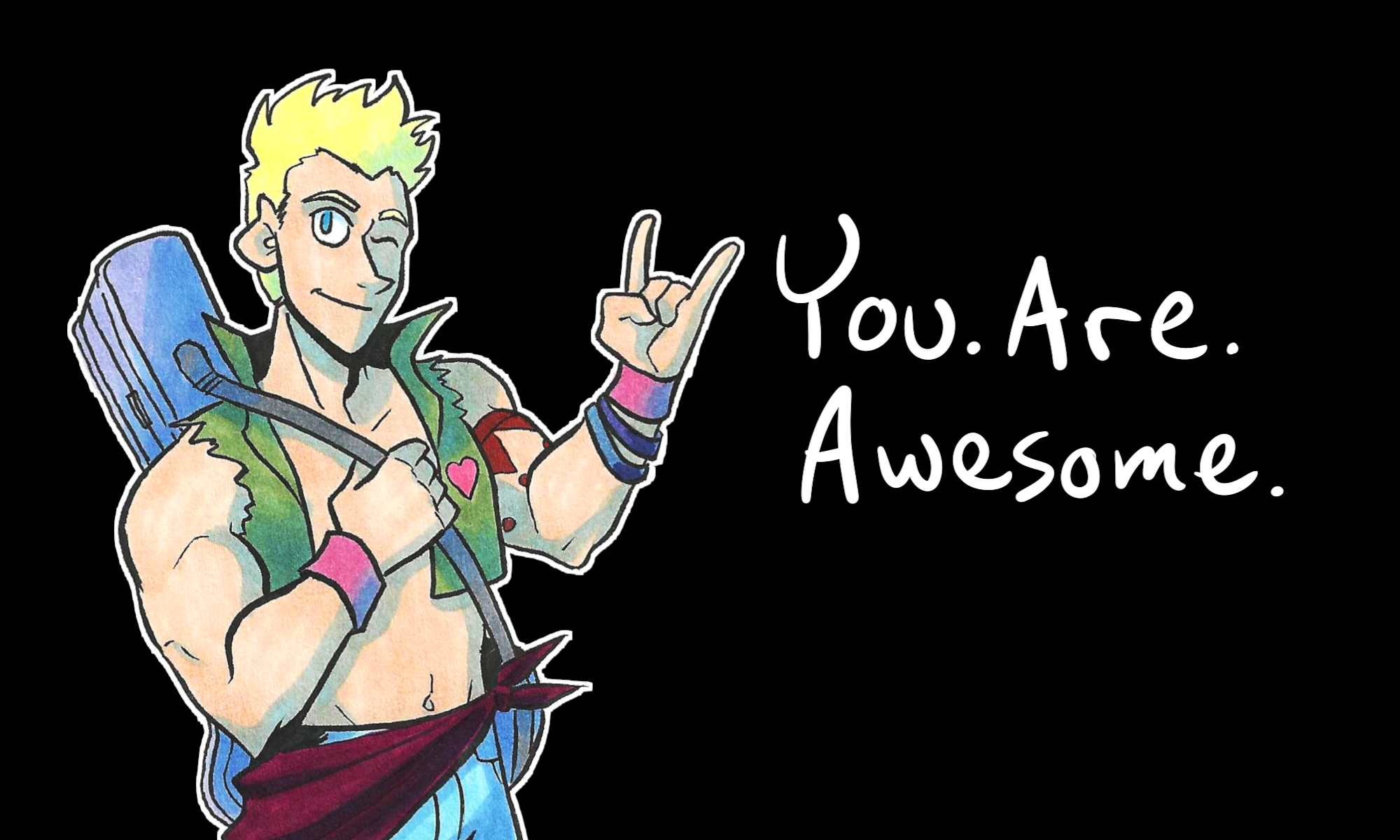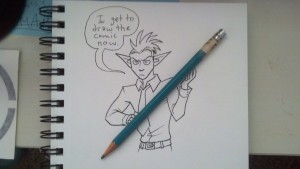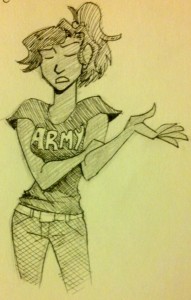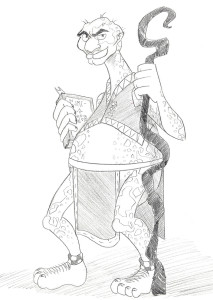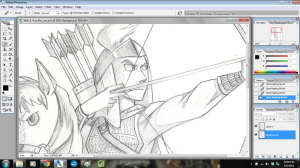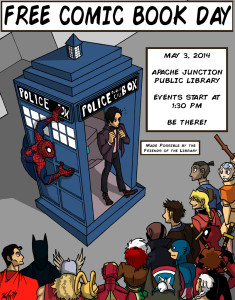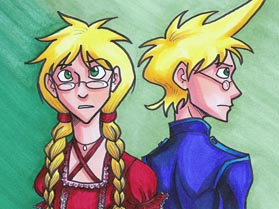You know, I was hoping to actually make some comics today. I was raring to go and everything!
But then when I went to get my prescription at the pharmacy, there was a snafu with my insurance and that took TWO HOURS to fix. Me and insurance companies don’t really get along, especially after last year, when I was in a car and got hit by ANOTHER car. That wasn’t pleasant.
Thankfully the prescription snafu was not on the same scale as the car accident. Two hours is nothing compared to five MONTHS of paperwork.
And thankfully, too, the people at my pharmacy and the person on the customer service line were VERY friendly and understanding. Faith in humanity restored, even if insurance is asenine.
Anyway, I didn’t want to bore you with medical crap (however, quick PSA: take glucosamine. It lubricates your joints and I’ve noticed that my formerly-broken wrist snaps a lot less often since I started taking it).
I also wanted to share with you some quick sketches I found on my hard drive the other day because EFF YEAH SKETCHES and EFF YEAH The Legend of Jamie Roberts!


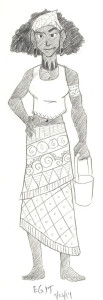
The last one I actually drew the other day. This is Egyt, the Bushwoman on the outskirts of Maliwe. In literary terms, she’s known as the Threshold Guardian, giving warning to our main characters of what has been happening in Maliwe.
Let’s see, what else has been happening…
I’m now collaborating with Rocket Blast Comics to help promote their work, so yay!
I’m also in talks with someone right now about starting a graphic novel project. I’ll let you know what’s up as we hammer things out…
Speaking of projects, I’ll be finishing up some new work for the Free Comic Book Day Event this Saturday! I’ll be at the Apache Junction Public Library in Phoenix, AZ, talking about comics and showing off my process of how I make my own, plus selling a few new things. Events start at 1:30. Be there? Please? I’d love to see you.
By the way, I’ve been changing a few things here on the website. I hope you like the changes! It’s mostly just button art and a list of appearances I’ll be making this year.
That’s all I got right now. Come back for a new post tomorrow that’s not about status updates and sketches. What will it be about? …You’ll just have to come back, won’t you?
